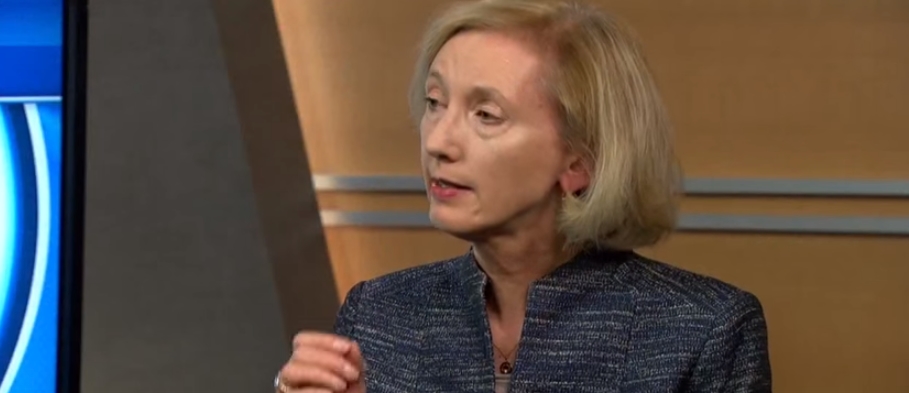
If you’re an elected official, be wary. The effort to recall Austin City Council Member Ann Kitchen is just the beginning. We’ve entered a new era of accountability, and, like it or not, this is what democracy looks like.
(Article by Max Borders, republished from http://www.mystatesman.com/news/news/opinion/borders-kitchen-recall-effort-is-what-real-democra/nqckq/)
Austinites who have signed petition for Kitchen’s recall have decided the price of her paternalism is simply too high. They concluded that:
- They want the convenience and availability ride-hailing currently offers.
- Given the rarity of offenses by ride-hailing drivers, Kitchen’s regulations are overzealous.
- GPS tracking and online identity protects riders better than zealous regulatory regimes — and better than taxis.
- Onerous regulations, such as fingerprinting and its fees, raise the cost and reduce the availability of these services.
- No one requires strangers who go home together from bars to be fingerprinted; people who use ride-hailing services are no different.
- People who think — mistakenly — that regulated taxis are safer still have the option of taking regulated taxis.
- Taxis have enjoyed an anti-competitive regulatory cartel for decades; that time is up.
- The public benefits from ride-hailing services, which result in reduced incidents of drunk driving, alone far outweigh risks that drivers might present a danger to passengers.
Kitchen has argued that shadowy outside groups have organized against her and have gathered recall signatures through deception. Others claim that a recall is too costly and that policy disagreements should not be expressed through such extreme measures.
But I am not an outside group. I am a resident of Austin. Thousands like me didn’t sign the recall petition because they were duped. A successful recall will send a message to would-be municipal nannies that the people are in charge.
There was a time when democracy was a system we participated in once a year or so. Whatever came after was the best possible outcome until the next election.
Meanwhile, behind the scenes, special interest groups would woo public officials, just as they did with Kitchen.
“Campaign finance reports show (Lone Star Cab CEO Solomon Kassa) bundled $4,000 worth of campaign donations from five cab drivers and a few other people,” writes Brent Wistrom at Austin Inno, “And (he) gave it to Kitchen just days before the election in which she beat out six other candidates with 54 percent of the vote and avoided a runoff contest.”
These used to be the sorts of deals that shaped elected officials’ decisions in office, with little consequence.
At one time, the costs of such decisions would be dispersed among the people. Benefits would be concentrated on the elected officials and special interests. The politician would get elected. The special interest would get the anti-competitive regulation.
These concentrated benefits and dispersed costs made change especially difficult for citizens. Political collusion yielded big returns for political cronies.
But now the tables are turning.
“Contributions are not about favors, at all,” said Kitchen. “My responsibility is protecting the public safety of the community.”
That’s what they all say. Despite the protestations of officials like Kitchen, who claim it’s all for the public good, there are always people looking to game regulations.
It’s true that sometimes voters are not terribly well-informed about the issues that affect them. And in the past, they’ve had far less power to organize against City Hall.
Thanks to technology, citizens are now in a position to decide just how much they want to be protected — and what price they’re prepared to pay for such protection. And they’re not willing to wait out an entire election cycle to register their displeasure.
This is digital democracy.
Citizens not only feel it more acutely when politicians threaten the products and services they love, it’s simpler than ever to organize. Those who think recalls are too costly might want to think twice about asking citizens to accept costly policies.
Today, powerful constituencies of people armed with mobiles and cameras are waiting to hold police accountable and pounce on officials like Kitchen who — in the eyes of some voters — overstepped her mandate to be a steward of the public’s business.
Put another way. When we’re networked we are stronger. Networking not only helps us acquire information more readily, but to respond more easily. Public servants are now more accountable to the citizens of Austin. There is no turning back.
Read more at: http://www.mystatesman.com/news/news/opinion/borders-kitchen-recall-effort-is-what-real-democra/nqckq/

